A simple mosquito bite could lead to a serious brain infection, especially in children. Understanding La Crosse encephalitis is vital for protecting your family during outdoor activities. Don't underestimate this threat; learn the essential facts about prevention and symptoms now.
What are the main causes of La Crosse Encephalitis?
- This illness is caused by the La Crosse virus (LACV), which belongs to a group of viruses called bunyaviruses that can infect humans.
- The virus is transmitted to humans through the bite of an infected La Crosse encephalitis mosquito, primarily the Eastern treehole mosquito, not from person to person.
- These mosquitoes typically breed in water-filled containers and treeholes, increasing risk in wooded areas and residential neighborhoods with standing water sources nearby.
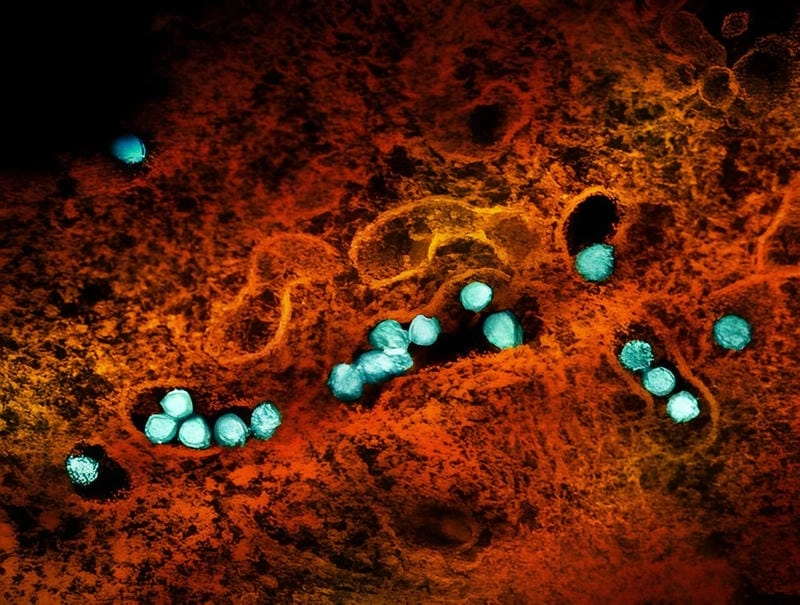
Key symptoms of La Crosse Encephalitis to watch for
- Initial symptoms often include fever, headache, nausea, vomiting, and fatigue, which can appear five to fifteen days after the infectious mosquito bite.
- Severe cases, most common among children, can progress to encephalitis, causing seizures, confusion, paralysis, and potential long-term effects of La Crosse encephalitis.
- Many people who are infected with the La Crosse virus do not develop any noticeable symptoms, making a professional diagnosis of La Crosse encephalitis essential.
How can you prevent La Crosse Encephalitis effectively?
- A key step in the prevention of La Crosse encephalitis is using an EPA-registered insect repellent containing DEET on exposed skin and clothing.
- Wear long-sleeved shirts, long pants, and socks to cover your skin, especially during peak mosquito hours from dusk until dawn when they are most active.
- Eliminate standing water around your home by regularly emptying containers like flowerpots, buckets, and birdbaths to destroy mosquito breeding sites effectively.
>>> See more: Japanese encephalitis - Vaccine information for travel in Asia
Photo guide La Crosse Encephalitis
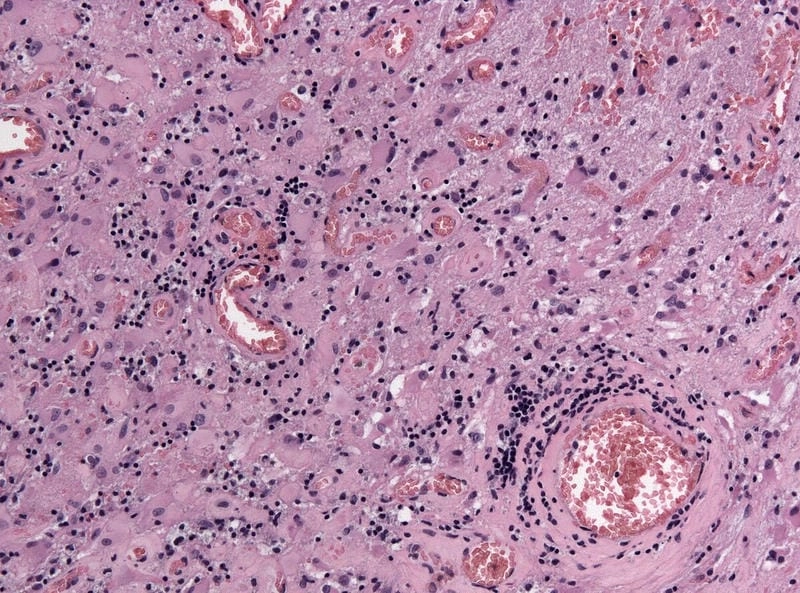
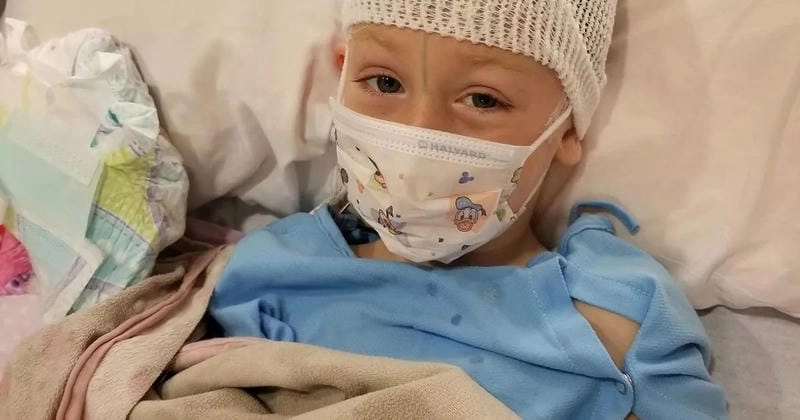
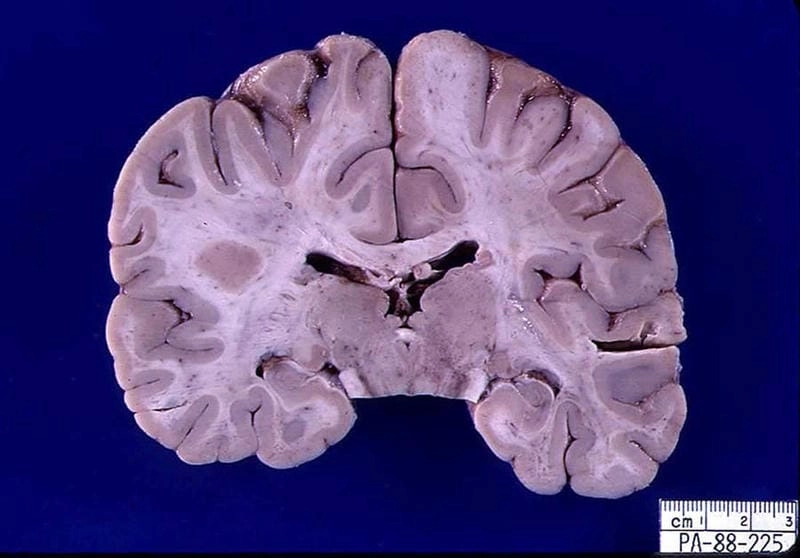
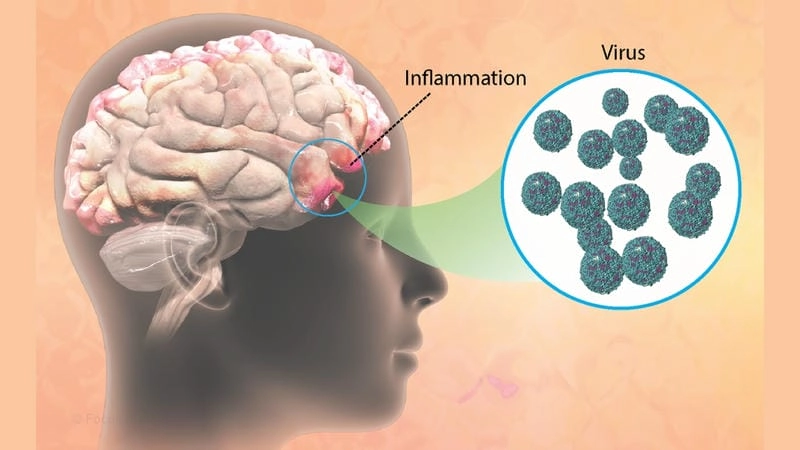
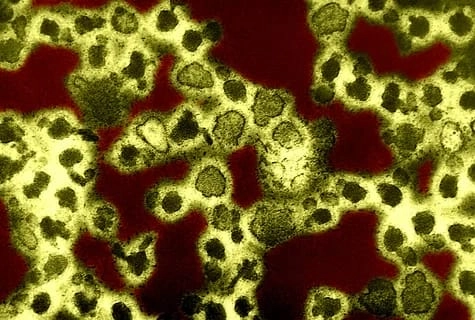
>>> Read more here: Colorado tick fever - A viral infection from the Rocky Mountain wood tick
There is no specific treatment for La Crosse encephalitis; medical care is focused on supportive therapy to manage symptoms. Early diagnosis is key to preventing severe complications. If you suspect an infection after a mosquito bite, seek immediate medical attention for professional evaluation.
>>> Learn now: African trypanosomiasis - The 'sleeping sickness' from the tsetse fly






